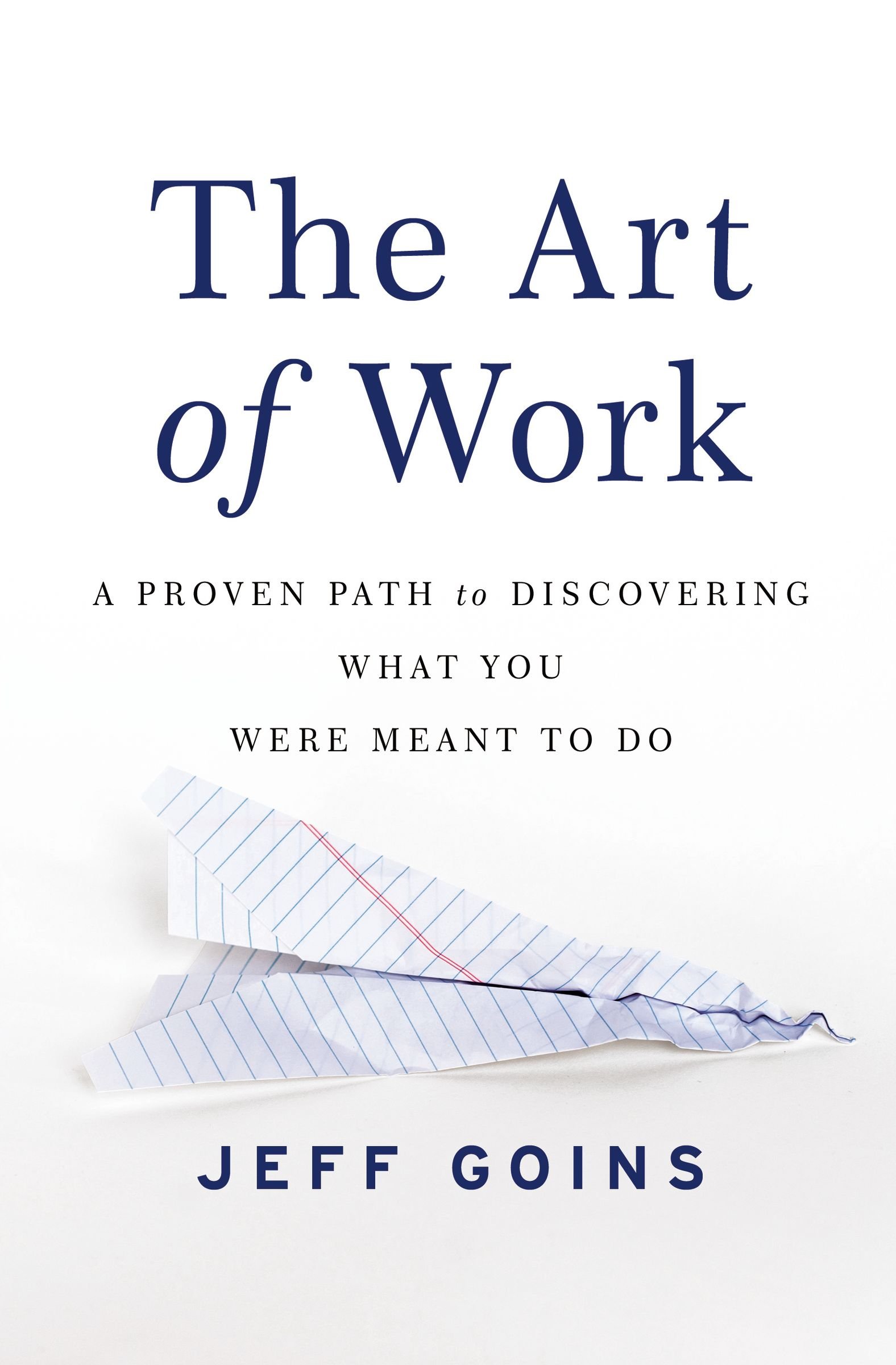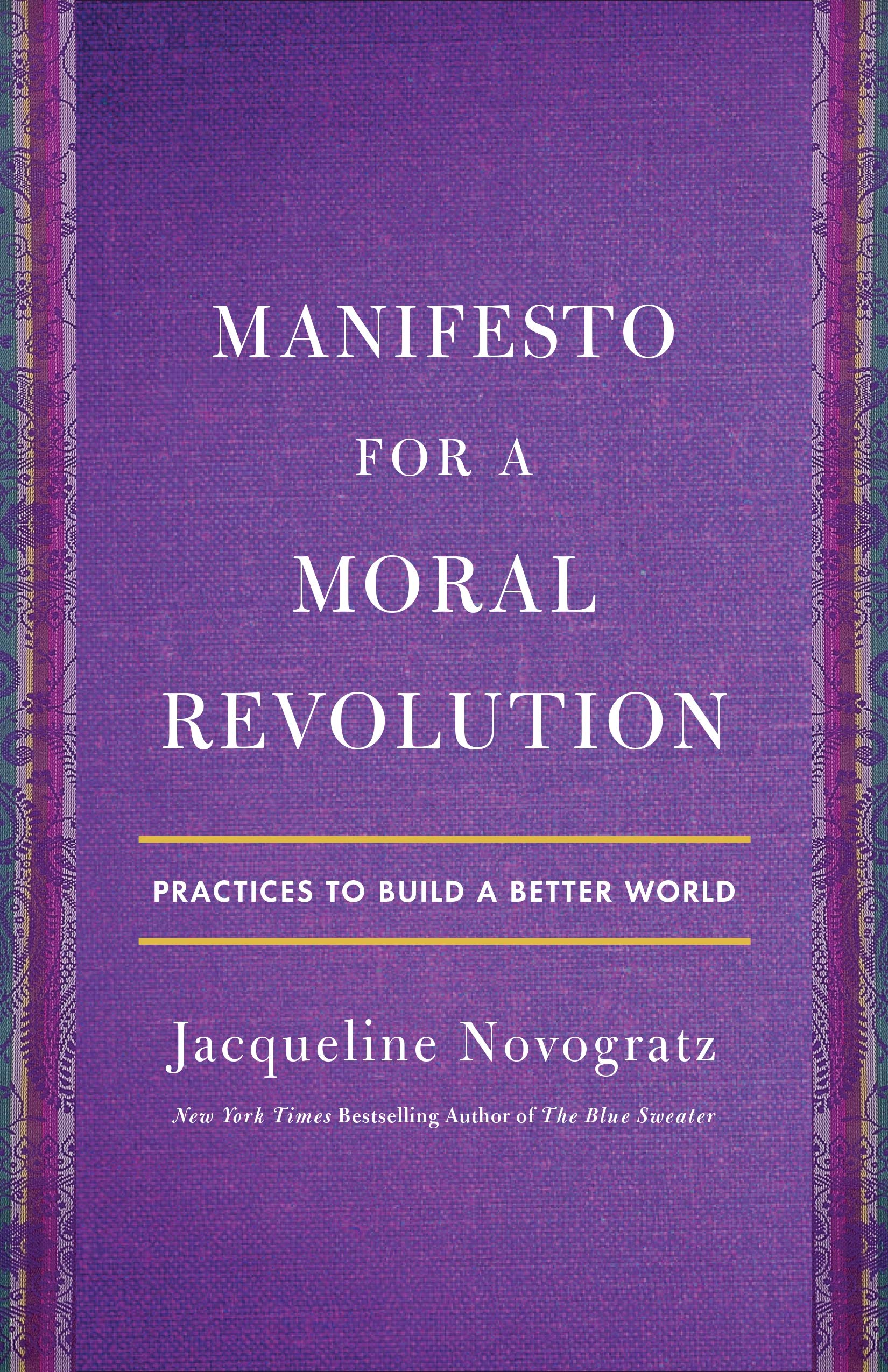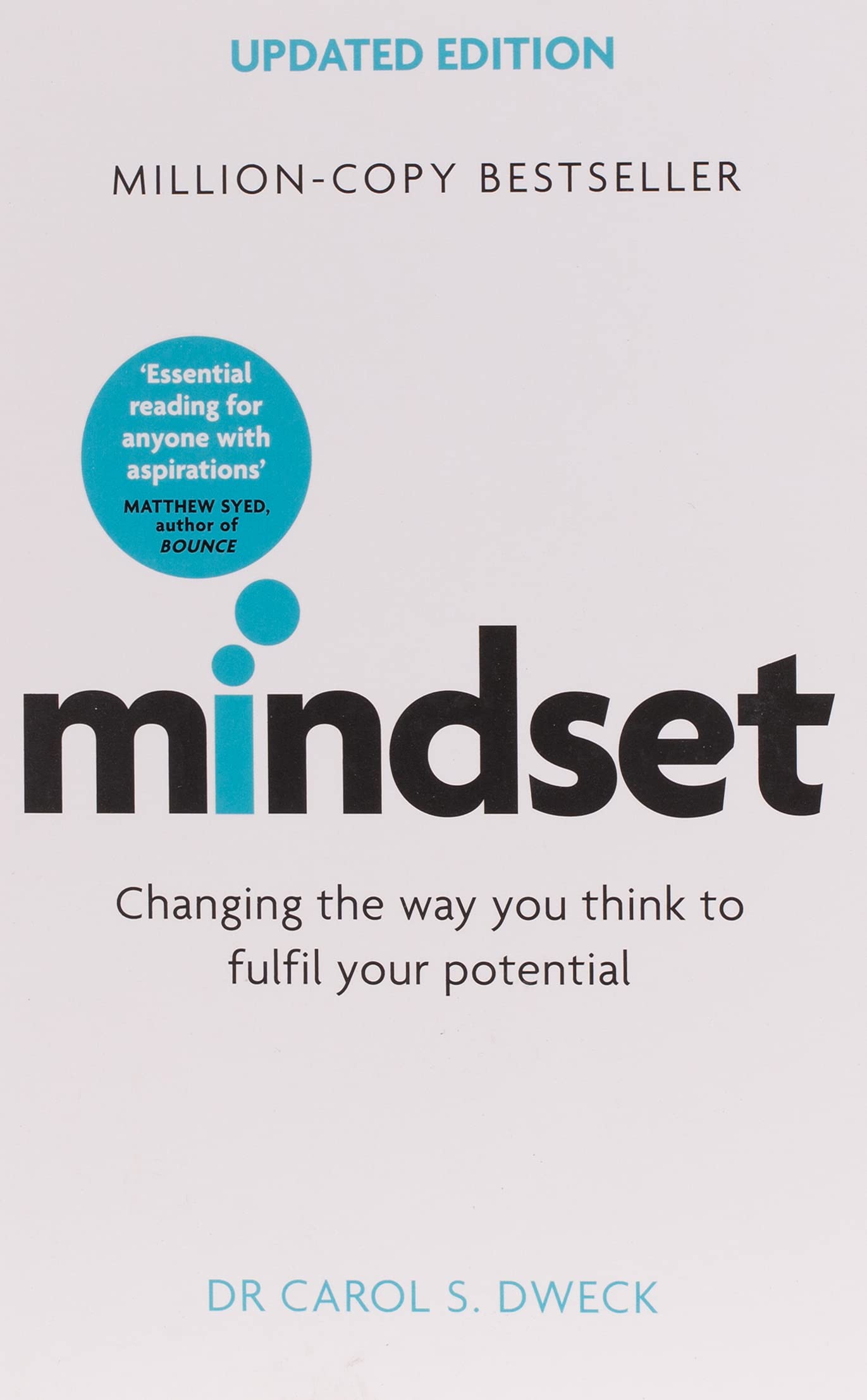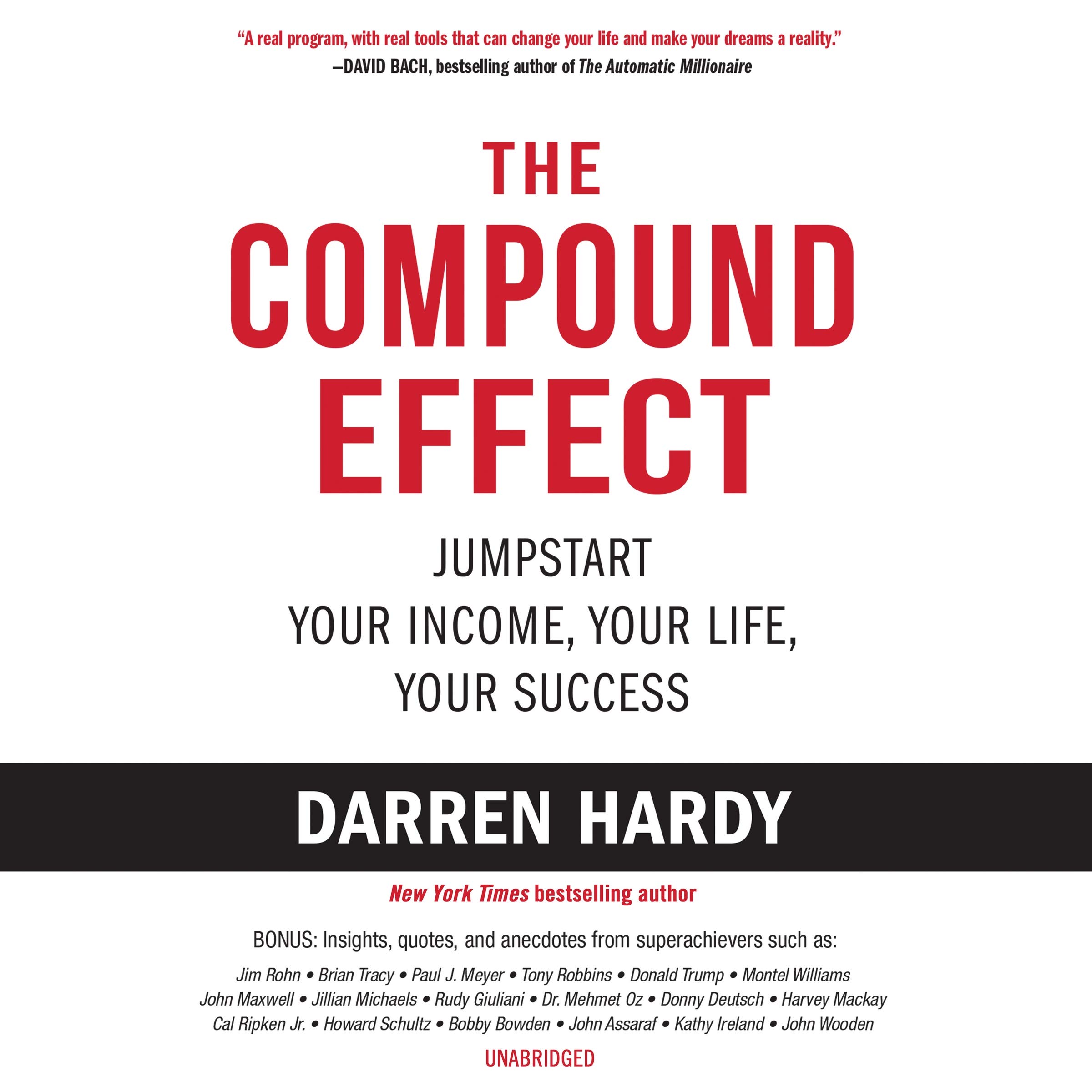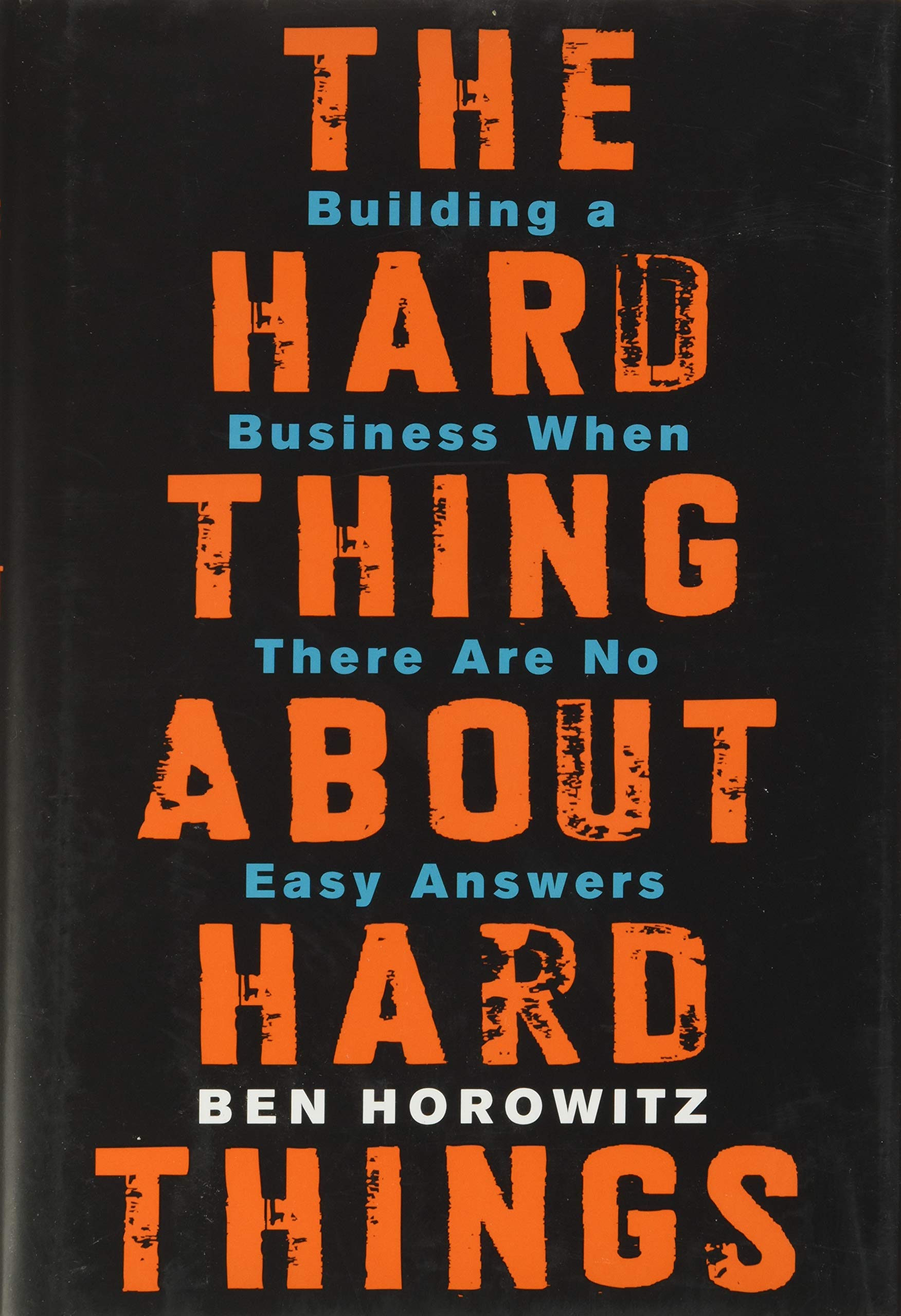What is your calling?

The art of work by Jeff Goins is a book about trying to find your ‘calling’. Here, it is vaguely described as being someone’s life’s work – not necessarily a single meaning underlying everything they do. He puts emphasis on serendipity and that the accumulation of your experiences to date will define your calling.
Key points:
- Write down significant events in your life and look for themes
- “Listen to the story of your life” to find your calling
- Envisage your death and think about how you feel about what you did/didn’t do
- Having an apprenticeship phase ± a mentor is important
- The mentor may already be in your life but only become apparent when you start to look
- Major influences on your calling come from an unexpected or unplanned combination of events
- Everyone needs and receives help to get to where they are
- Serendipity is almost always involved [think of the Road less travelled]
- Even when you know what your calling is, you don’t “leap” there but rather move gradually in that direction from your existing experience
- It is okay to have a “portfolio calling”
- Similarly, most people produce a “collection of works”, rather than a single main work
- [I find this slightly at odds with the rest of book, which generally suggests there is a single activity/focus to work towards]
- Need to accept that you only see your life as a coherent story at the end, so along the end it may feel incomplete
- Don’t risk having a single goal at the end that will lead you to feeling unfulfilled (whether or not you reach it)
- Instead, try to make your calling the process itself
I find this topic of having a ‘calling’ interesting. Some people argue for searching for what your single greatest passion is, aligning it with your abilities and opportunities to derive a unifying ideal occupation. Whereas others suggest working on what interests you, which gets you into a flow state, and seeing where it leads. This book seems to sit on the fence. The first half suggests that we have a single ‘calling’ deep down that we can discover and pursue no matter the cost. Yet Goins also suggests that you can do bits and bobs and at the end weave them together into a narrative.
Like most things in life, neither point of view is probably wholly right in all situations. This will be the topic of an upcoming blog.
More books like this:
- Mastery by Robert Greene
- The great work of your life by Stephen Cope
- So good they can’t ignore you by Cal Newport
Useful links:
